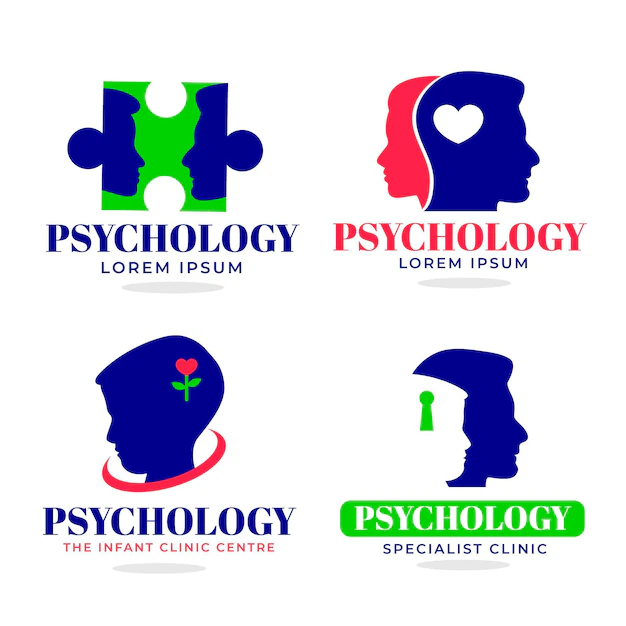Crafting Effective Lesson Plans for College Psychology Students: Structure, Components, and Examples
Lesson planning for college-level psychology students requires a strategic approach that integrates theoretical knowledge with practical application, critical analysis, and engagement. These plans serve as blueprints for educators to facilitate interactive and thought-provoking learning experiences that foster deep understanding and critical thinking in the field of psychology. Here’s a detailed guide outlining the structured components of lesson plans for college psychology students, presented in a table format, to assist educators in creating effective teaching strategies.

Organize a debate or group discussion focusing on controversial or debatable topics in psychology.
Page Contents
Lesson Plan Structure for College Psychology Students
Objective: Promote critical thinking, application of psychological concepts, and engagement with theoretical frameworks.
| Components | Description |
|---|---|
| Introduction | Engaging activity or discussion to introduce the lesson’s topic. |
| Theoretical Framework | Explanation of theoretical concepts or models relevant to the topic. |
| Application & Analysis | Activities or tasks encouraging critical analysis or practical application of theories. |
| Discussion & Debate | Facilitation of debates, discussions, or case studies related to the topic. |
| Assessment & Evaluation | Methods to assess comprehension, critical thinking, and application. |
| Conclusion & Summary | Review of key points, insights, and implications in the field of psychology. |
Sample Lesson Plan Activities for College Psychology Students
- Introduction (10 minutes)
- Engaging Opener: Pose a thought-provoking question or present a real-life scenario related to the lesson’s topic.
- Discussion Starter: Initiate a discussion to gauge students’ existing knowledge or opinions about the subject.
- Theoretical Framework (20 minutes)
- Objective: Present key theories or concepts relevant to the lesson.
- Activity: Lecture with Visual Aids
- Deliver a lecture supplemented with slides, visuals, or multimedia presentations to introduce theoretical frameworks.
- Application & Analysis (25 minutes)
- Objective: Encourage critical analysis and practical application of theories.
- Activity: Case Study Analysis
- Provide a complex case study related to the lesson topic and ask students to analyze it from a psychological perspective.
- Discussion & Debate (20 minutes)
- Objective: Foster discussion, critical thinking, and exploration of diverse viewpoints.
- Activity: Structured Debate or Group Discussion
- Organize a debate or group discussion focusing on controversial or debatable topics in psychology.
- Assessment & Evaluation (15 minutes)
- Objective: Assess understanding and analytical skills.
- Activity: Written Reflection or Short Quiz
- Administer a reflection task or a brief quiz to evaluate comprehension and critical thinking.
- Conclusion & Summary (10 minutes)
- Recap and Implications: Summarize key insights, implications, and connections to real-world applications in psychology.
- Final Thoughts: Encourage students to share final thoughts, questions, or reflections on the lesson.
Strategies for Effective Teaching
- Active Learning: Engage students through discussions, debates, and hands-on activities.
- Critical Analysis: Encourage analytical thinking, evaluation, and application of psychological concepts.
- Relevance to Real Life: Relate theoretical concepts to practical situations and current events.
- Diverse Perspectives: Promote discussions that explore different viewpoints and perspectives.
- Formative Assessment: Use varied assessment methods to evaluate learning outcomes and provide feedback.
Conclusion
Crafting lesson plans for college-level psychology students demands a structured approach that engages, challenges, and encourages critical thinking. These plans aim to create an environment that fosters deep understanding, analytical skills, and application of psychological theories. Educators play a pivotal role in designing purposeful and engaging learning experiences that support students’ academic growth and critical thinking in the field of psychology.
Developing lesson plans for college psychology students involves integrating theoretical knowledge with practical application and critical analysis. The provided structure, sample activities, and strategies aim to guide educators in designing engaging and comprehensive lesson plans that cater to the academic rigor and critical thinking skills required at the college level in psychology.






